Odisha teen save 260 types of native paddy and millet seeds.
When Harshita Priyadarshini Mohanty began conserving native seeds, she didn’t know she’d be known as the ‘seed girl.’The Class 8 student from Koraput, Odisha, has built a seed bank that houses over 180 varieties of indigenous paddy and more than 80 types of millet.Inspired by Padma Shri Kamala Pujari, a local agricultural expert, Harshita flagged off her venture of collecting indigenous seeds in 2023.“Kamala ji gave me four varieties of paddy seeds – Koraput Kalajeera (which got GI-tagged in August 2023), Machhakanta, Umuriachudi and Asamchudi.
She said that children must preserve the vanishing Indigenous seeds for future generations,” Harshita told 30 States.Recognising the unique qualities of native seeds – their adaptability to local conditions, climate resilience, and nutritional value – she remains passionate about promoting their use.“Farmers don’t have to spend money to buy seeds every season if they conserve indigenous seeds,” Harshita added.She actively seeks out indigenous seeds from farmers’ fields and local markets across Koraput and carefully stores the seeds in plastic containers and earthen pots, using neem tablets to protect them from pests.
Her seed bank includes a diverse range of rice varieties, such as Kalabati (black rice), Tulsi Bhog (high-fibre rice), and Rogusai, as well as various millet types.She keeps between 100 gm and 250 gm of each seed variety. If there are seeds beyond this, she distributes the surplus among farmers for free. “This year, I have distributed seeds among 50 farmers so far,” said Harshita, who aims to be an agronomist.In addition to her seed-saving endeavours, Harshita has formed a group of young people to promote organic farming in five villages under the Boipariguda block of koraput district at Odisha.
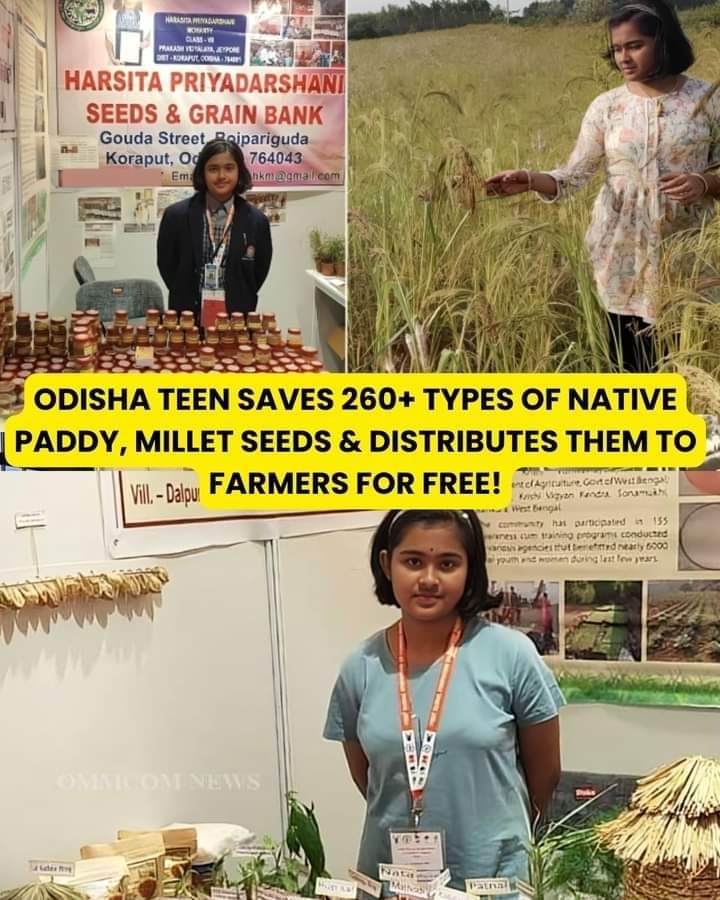
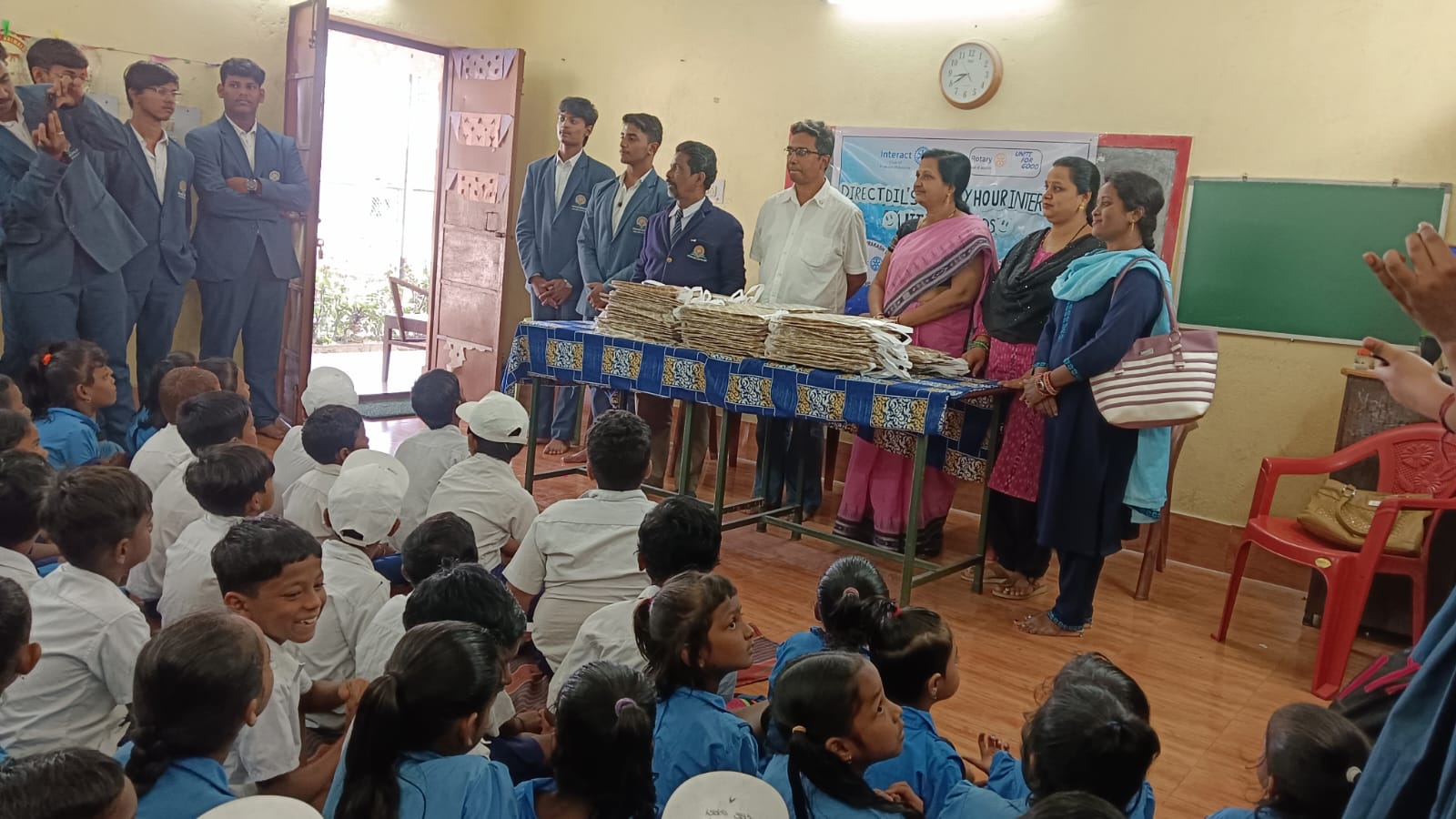
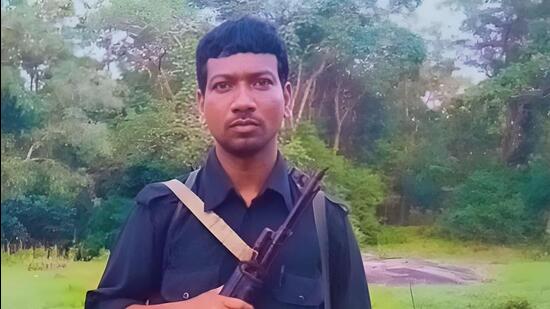
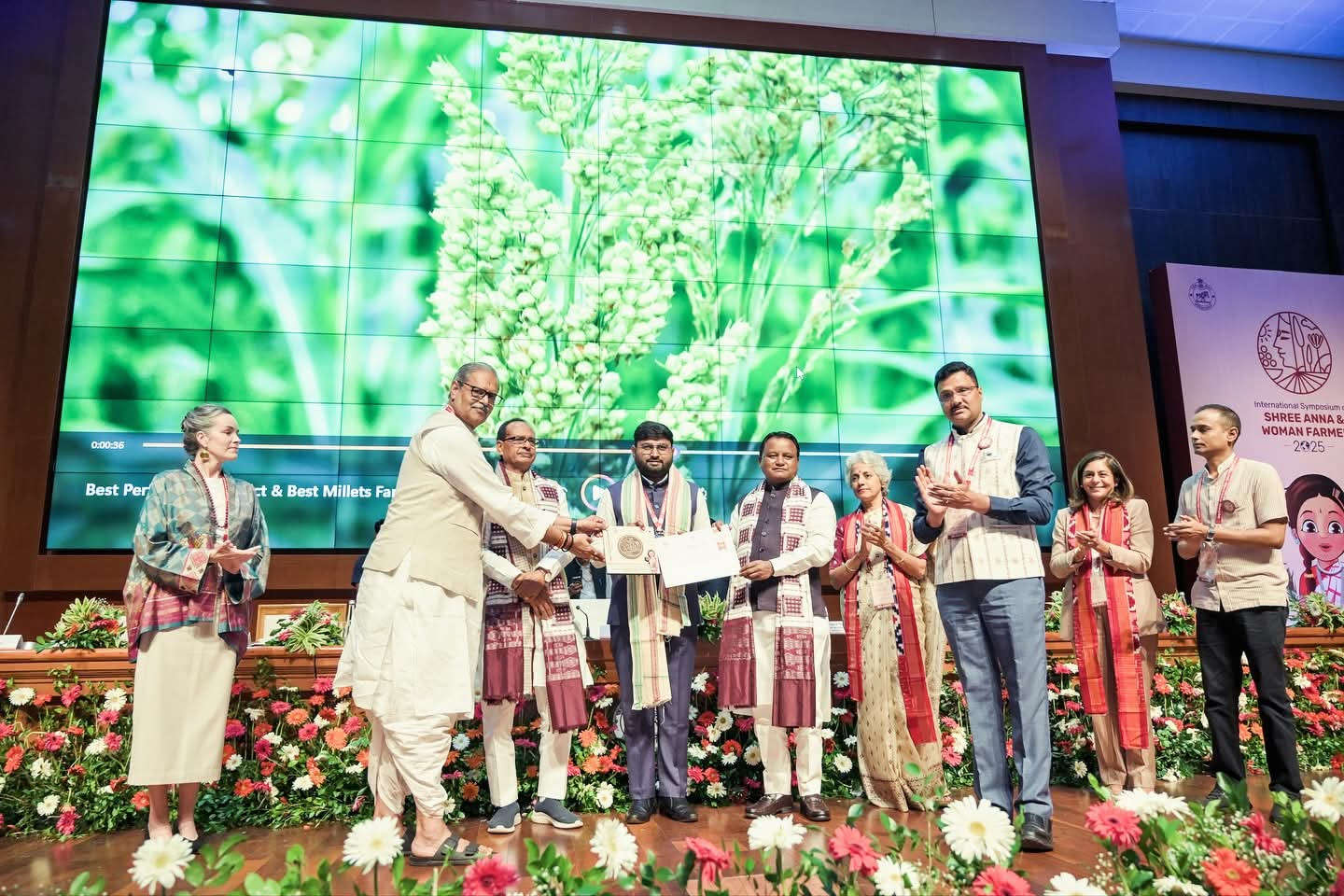
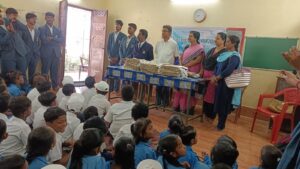

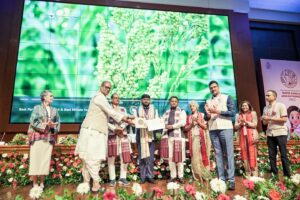
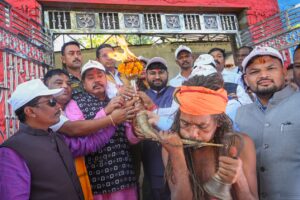

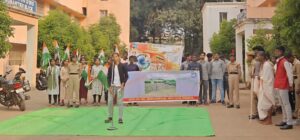
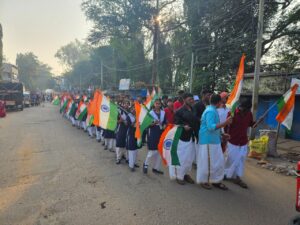



Post Comment